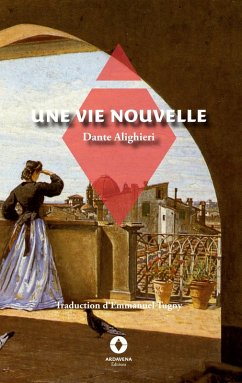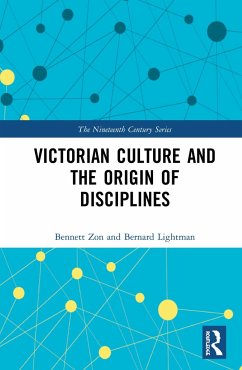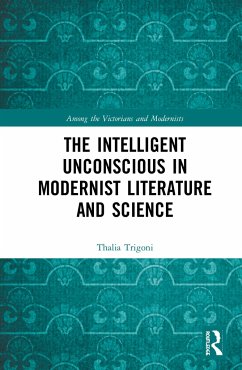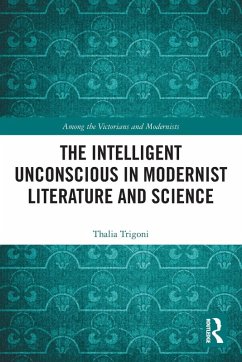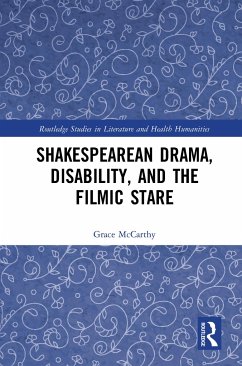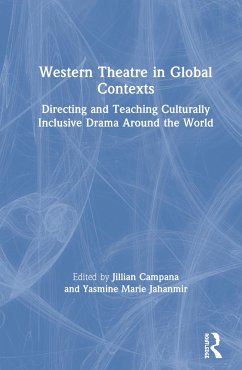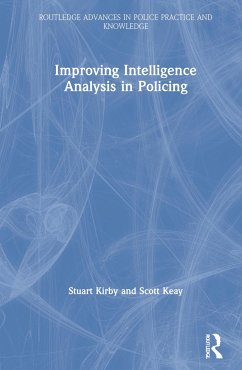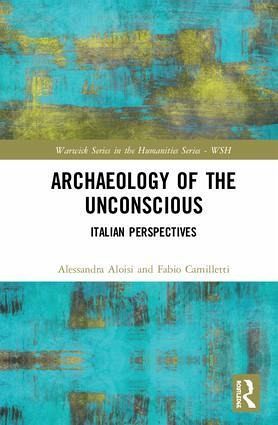
Archaeology of the Unconscious
Italian Perspectives
Versandkostenfrei!
Versandfertig in 1-2 Wochen
169,99 €
inkl. MwSt.
Weitere Ausgaben:

PAYBACK Punkte
85 °P sammeln!
In reconstructing the birth and development of the notion of 'unconscious', historians of ideas have heavily relied on the Freudian concept of Unbewussten, retroactively projecting the psychoanalytic unconscious over a constellation of diverse cultural experiences taking place in the eighteenth and nineteenth centuries between France and Germany. Archaeology of the Unconscious aims to challenge this perspective by adopting an unusual and thought-provoking viewpoint as the one offered by the Italian case from the 1770s to the immediate aftermath of WWI, when Italo Svevo's La coscienza di Zeno p...
In reconstructing the birth and development of the notion of 'unconscious', historians of ideas have heavily relied on the Freudian concept of Unbewussten, retroactively projecting the psychoanalytic unconscious over a constellation of diverse cultural experiences taking place in the eighteenth and nineteenth centuries between France and Germany. Archaeology of the Unconscious aims to challenge this perspective by adopting an unusual and thought-provoking viewpoint as the one offered by the Italian case from the 1770s to the immediate aftermath of WWI, when Italo Svevo's La coscienza di Zeno provides Italy with the first example of a 'psychoanalytic novel'. Italy's vibrant culture of the long nineteenth century, characterised by the sedimentation, circulation, intersection, and synergy of different cultural, philosophical, and literary traditions, proves itself to be a privileged object of inquiry for an archaeological study of the unconscious; a study whose object is not the alleged 'origin' of a pre-made theoretical construct, but rather the stratifications by which that specific construct was assembled. In line with Michel Foucault's Archéologie du savoir (1969), this volume will analyze the formation and the circulation, across different authors and texts, of a network of ideas and discourses on interconnected themes, including dreams, memory, recollection, desire, imagination, fantasy, madness, creativity, inspiration, magnetism, and somnambulism. Alongside questioning pre-given narratives of the 'history of the unconscious', this book will employ the Italian 'difference' as a powerful perspective from whence to address the undeveloped potentialities of the pre-Freudian unconscious, beyond uniquely psychoanalytical viewpoints.





